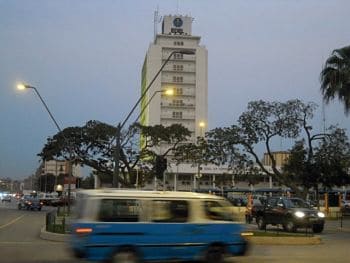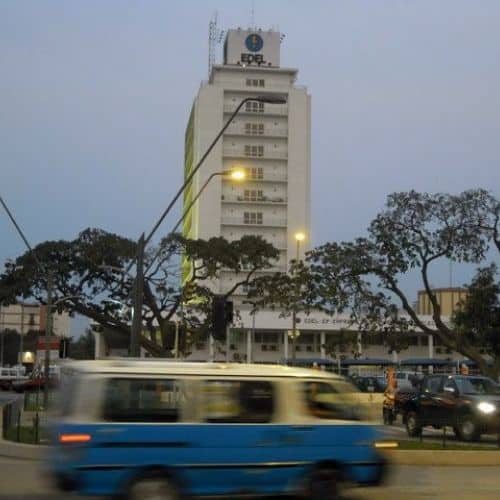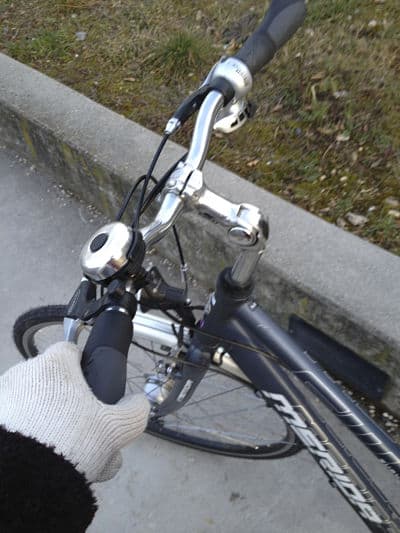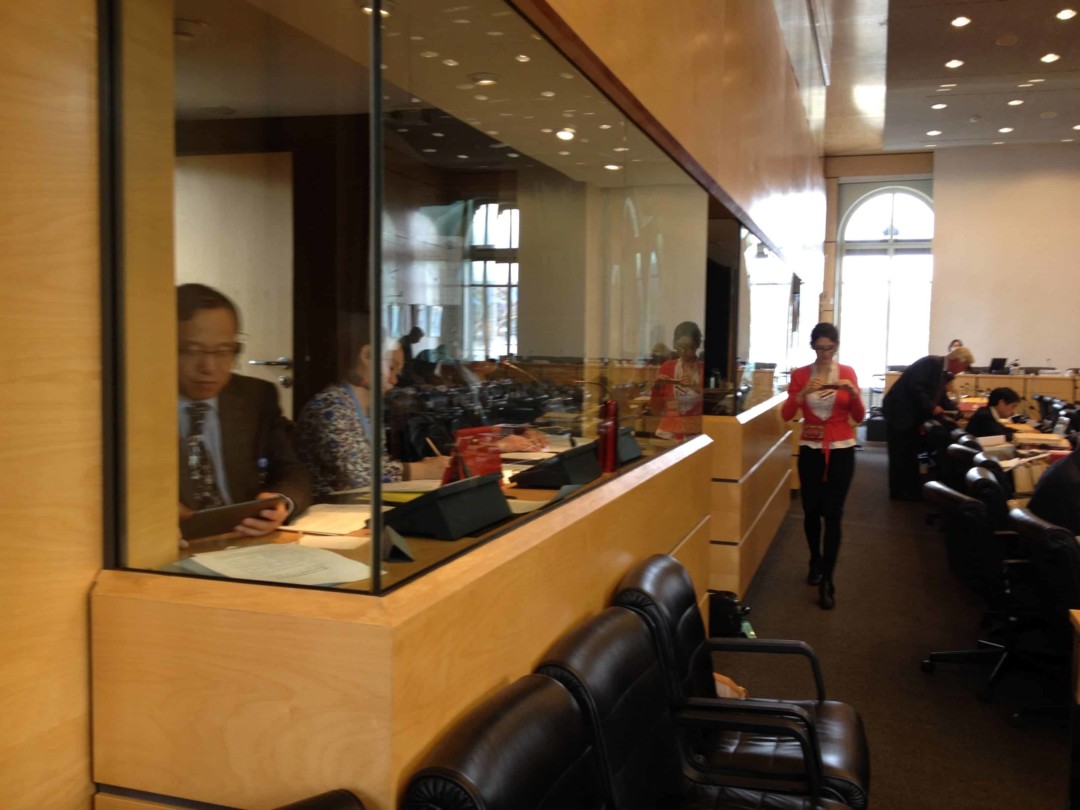Conducting ethnographic fieldwork in a hectic, chaotic, and sprawling multimillion metropolis like Luanda presents logistical and epistemological challenges. If one is not focusing on a clearly defined field site — like working in or through a neighbourhood association, for example — the notion of ‘participant observation’ has to be complicated, as people juggle multiple obligations, often cumulating several jobs, studies, family commitments, and their daily routines include extremely time-consuming travels from one part of the city to the other. While I probably made the most ‘participant’ observations in dealing with services of the public administration, my research on citizens’ experiences with Angola’s ‘neo-authoritarian’ regime was chiefly based on long conversations, often with regular interlocutors. These were complemented by observations of the stuff of everyday life: family lunches, motorised transport, petty commerce, police harassment, birthday and engagement parties, funerals, church services, and street-side chats.

More importantly perhaps, as I could not afford a car, walking the physical environment of the city, and observations in and from the ubiquitous candongueiros, the thousands of blue-and-white Toyota Hi-Ace minivans that make up the bulk of collective transport in Luanda, gave me a richer understanding of the tapestry of everyday life in Luanda. This was especially true because with such long-term fieldwork and under conditions where no one openly wants to speak of ‘politics’, it is key to attuning oneself to the fleeting manifestation of the political, that which ‘blinks, momentarily shows itself, and escapes’ (Navaro-Yashin 2002: 15).
Being stuck in traffic or bouncing through rain-filled potholes, squeezed in between fellow passengers, and listening to protest rap blaring from the loudspeakers of the candongueiros was an exhilarating and often also a definitely political experience.
The playlist here is a small selection of popular tunes and summer hits from 2010/11. It mixes unabashedly commercial party and dance songs, Angola’s very own kuduro tracks (Moorman 2014), and the aforementioned protest raps, which really started in 2011 and continued ever since — for further reading see, here, here, here, and here. This will hopefully give you, the listener, a sensory immersion into the ‘immediatist’ rhythms of the City (Schubert 2016). Enjoy!
Playlist:
Brigadeiro 10 Pacotes — Estado da nação
Zona 5 – Dia do homem (the actual track only starts at about 1:52 of the video)
References:
Moorman, M.J. (2014). Anatomy of Kuduro: Articulating the Angolan Body Politic after the War. African Studies Review, 57 (03), 21–40.
Navaro-Yashin, Y. (2002). Faces of the State: Secularism and Public Life in Turkey. Princeton, N.J. ; Oxford: Princeton University Press.
Schubert, J. (2016). ‘A Culture of Immediatism’: Co-optation and Complicity in Post-War Angola. Ethnos, 0 (online pre-publication).




